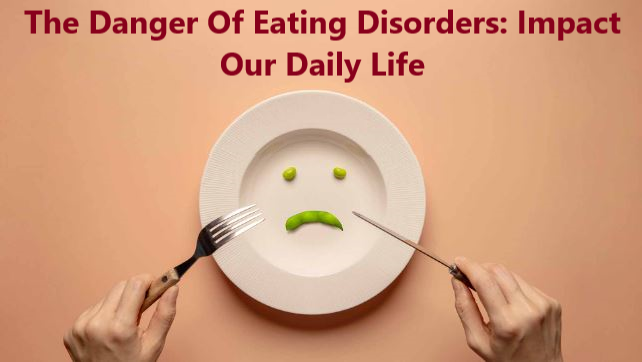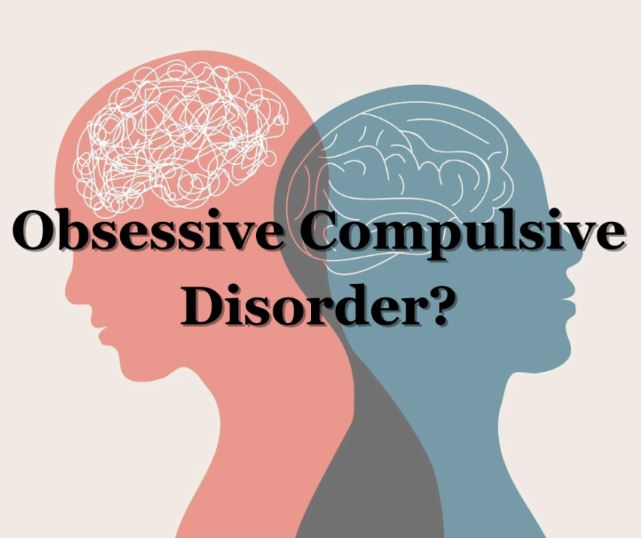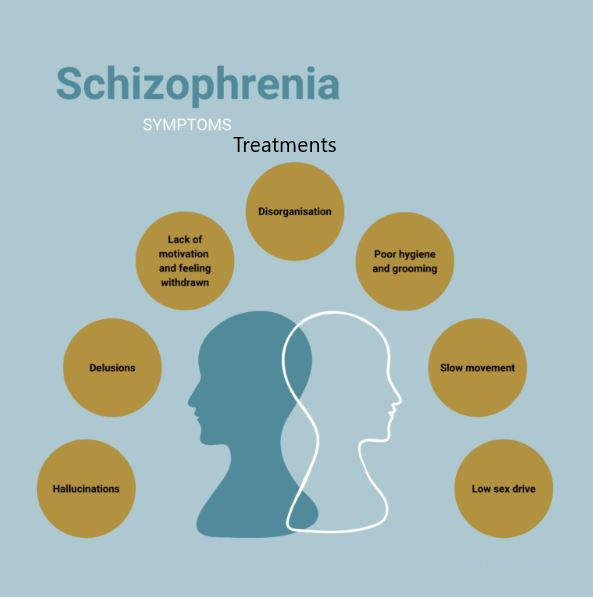Explore the complexities of eating disorders, including anorexia, bulimia, and binge eating. Learn about causes, symptoms, and effective strategies for treatment and recovery in our comprehensive guide.
Table of Contents
Introduction

Eating disorders are complex mental health conditions that manifest through unhealthy eating habits, severe concerns about body weight and shape, and, in many cases, related psychological issues. These disorders can have serious health consequences and require professional treatment. Among the most well-known eating disorders are Anorexia Nervosa and Bulimia Nervosa, each characterized by distinct patterns of behavior and attitudes toward food and body image.


Anorexia Nervosa Eating Disorders
Anorexia Nervosa is a serious and potentially life-threatening eating disorder characterized by self-imposed starvation and excessive weight loss. The condition is not just about food or weight but involves a complex interplay of psychological, biological, and social factors. Individuals with Anorexia Nervosa have a distorted body image and an overwhelming fear of gaining weight, which drives them to take extreme measures to lose weight and prevent weight gain, despite being underweight.

Symptoms of Anorexia Nervosa
- Intense Fear of Gaining Weight: Individuals are terrified of gaining weight or becoming fat. This fear persists regardless of actual body weight, and it often intensifies as the person loses more weight.
- Restriction of Food Intake: There is a significant restriction on the amount of food consumed, leading to a body weight that is substantially lower than what is considered normal or healthy for the individual’s age, sex, developmental trajectory, and physical health.
- Distorted Body Image: Individuals with Anorexia Nervosa have a disturbed body image. They may see themselves as overweight even when they are dangerously thin. This distorted self-view significantly impacts their self-esteem and often dictates their feelings of worth.
- Severe Dietary Restrictions and Behaviors: The pursuit of thinness may involve extreme dietary restrictions, fasting, and/or excessive exercise. These behaviors are often rigid and rule-bound, and breaking these self-imposed rules can lead to intense feelings of guilt and anxiety.
- Absence of Menstruation: In females, Anorexia Nervosa can lead to the absence of menstruation (amenorrhea) as the body’s reproductive functioning shuts down due to inadequate energy intake.
Impact of Anorexia Nervosa
The impacts of Anorexia Nervosa are profound and extend beyond dietary habits and body weight. The disorder can affect almost every system of the body, leading to serious health consequences such as osteoporosis, anemia, heart problems, and kidney issues. Beyond physical health, Anorexia Nervosa significantly affects psychological well-being, leading to increased risks of anxiety, depression, and suicidal ideation or attempts. Socially, individuals may withdraw from relationships and activities, further isolating themselves.

Treatment
The treatment of Anorexia Nervosa is challenging and requires a comprehensive approach that addresses the physical, psychological, and social aspects of the disorder. Treatment typically involves a combination of nutritional rehabilitation to restore body weight, psychotherapy to address distorted thought patterns and behaviors, and medication to treat co-occurring mental health issues. Family-based therapy (FBT) is particularly effective for adolescents with Anorexia Nervosa, involving the family in the treatment process to support the individual’s recovery.
Early intervention and tailored treatment plans are critical for improving outcomes. With appropriate care and support, individuals with Anorexia Nervosa can recover and regain their health, although the journey to recovery can be long and fraught with challenges. The goal of treatment is not only to restore weight but also to help individuals develop a healthier relationship with food and their bodies, and to address the underlying psychological issues contributing to the disorder.
Bulimia Nervosa
Bulimia Nervosa is a significant eating disorder marked by a destructive pattern of binge eating followed by purging to prevent weight gain. This cycle of eating and compensatory behaviors is not only harmful to physical health but also to emotional and psychological well-being. Individuals with Bulimia Nervosa often experience intense shame, guilt, and distress related to their eating habits, which can perpetuate the cycle of the disorder.

Symptoms of Bulimia Nervosa
- Recurrent Episodes of Binge Eating: Individuals consume a large amount of food in a short period, often feeling a loss of control over their eating during these episodes. Binge eating is typically done in secret and is accompanied by feelings of shame or disgust.
- Inappropriate Compensatory Behaviors: To counteract the binge eating, individuals engage in behaviors aimed at preventing weight gain. This includes self-induced vomiting, misuse of laxatives, diuretics, or other medications, fasting, or engaging in excessive exercise.
- Preoccupation with Body Shape and Weight: Self-esteem and self-worth are heavily influenced by body shape and weight, leading to an unhealthy obsession with weight loss and body image.
- Frequency of Behaviors: The cycle of binge eating and compensatory behaviors occurs, on average, at least once a week for three months. This frequency is a diagnostic criterion that helps distinguish Bulimia Nervosa from normal variations in eating behavior and from other eating disorders.


Impact of Bulimia Nervosa
The impact of Bulimia Nervosa extends beyond eating habits and body image concerns. Physically, the disorder can lead to severe dehydration, gastrointestinal problems, electrolyte imbalances, and heart complications due to the strain of recurrent vomiting and misuse of laxatives. Psychologically, it is associated with increased risk for anxiety, depression, and substance abuse disorders. Socially, individuals may withdraw from relationships or activities due to shame or to conceal their eating behaviors.
Treatment
Effective treatment for Bulimia Nervosa typically involves a combination of psychotherapy, nutritional counseling, and medication.
- Cognitive Behavioral Therapy (CBT) is considered the gold standard treatment, focusing on identifying and altering negative thought patterns and behaviors related to food, body image, and self-worth.
- Nutritional Counseling aims to normalize eating patterns and teach healthy meal planning and coping strategies for food-related triggers.
- Medications, such as antidepressants, may be prescribed to treat underlying mood disorders or to help reduce the urge to binge eat.
Support from family and friends, along with patient education about the disorder, are also crucial components of a comprehensive treatment plan. Recovery from Bulimia Nervosa is a gradual process that involves learning to cope with emotional stress in healthy ways, rebuilding a healthy relationship with food, and addressing body image issues.
With appropriate treatment and support, individuals with Bulimia Nervosa can overcome the disorder and achieve long-term recovery, leading to improved physical health and psychological well-being. It is essential for those struggling with symptoms of Bulimia Nervosa to seek professional help to start on the path to recovery.
Overall Treatment
Treatment for eating disorders generally involves a comprehensive approach that includes medical, nutritional, and psychological interventions. Key components of treatment may include:
- Psychotherapy: Therapies like Cognitive Behavioral Therapy (CBT) are effective for treating eating disorders. CBT can help individuals understand and change their thought patterns and behaviors related to their disorder.
- Nutritional Counseling: Dietitians can provide guidance on healthy eating patterns, help correct nutritional deficiencies, and develop meal plans.
- Medical Care and Monitoring: This is essential for addressing the physical health issues that may result from eating disorders, such as electrolyte imbalances, heart problems, or other complications.
- Medication: Although there are no medications specifically designed to cure eating disorders, some medications, such as antidepressants, may help with symptoms of anxiety and depression that often accompany these conditions.
Recovery from eating disorders is possible, but it often requires long-term treatment and a commitment to change. Support from family, friends, and healthcare professionals plays a crucial role in the recovery process.
Conclusion
In conclusion, eating disorders such as Anorexia Nervosa, Bulimia Nervosa, and related conditions are complex mental health issues that encompass much more than food, eating habits, or weight control. They are deeply rooted in psychological distress, unhealthy body image perceptions, and, often, co-occurring mental health disorders. The impact of eating disorders extends beyond the individual, affecting families, relationships, and overall quality of life.
Effective treatment requires a multidisciplinary approach, including psychological therapy, nutritional counseling, and medical support, tailored to the individual’s specific needs. Recovery is a challenging journey but entirely possible with the right support and interventions. Awareness, early detection, and intervention are crucial in preventing the progression of these disorders and helping those affected reclaim their health and well-being.
As we continue to advance in our understanding and treatment of eating disorders, it is vital to foster environments that promote healthy body images, offer support, and reduce the stigma associated with these conditions, encouraging more individuals to seek the help they need.









